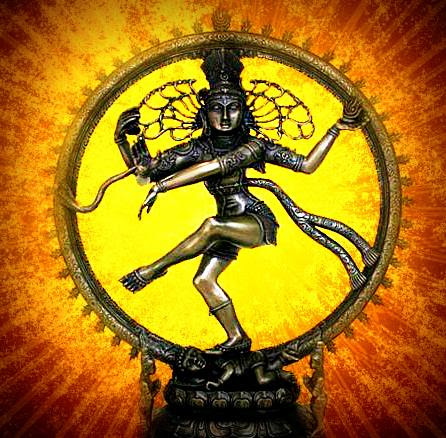
|| तत्वबोध -- 8,9,10,11||
शमः कः | मनोनिग्रहः |TB-8|
For this the teahcher simply defines it as "mind control". this is easier said that done.. even krshNa says in BG that mind control is as difficult as catching hold of air.. but it can be done by practce and determination.. We will leave it at this simple definition for now. japam, DhyAnam etc help us here..Then the sttudent asks..
दमः कः | च्क्षुरादि बाह्येन्द्रिय निग्रहः |TB-9|
What is dhama:? tTo this Q the guru says,"the ability to CONTROL one's sense organs such as eyes.." By the such as the guru means the five organs of knowledge (skin, ears, eyes, tongue, and nose), and the five organs of action (mouth, hands, feet, organs of evacuation, and organs of procreation). (Charity, Bajans,etc)
Then the sttudent asks..
उपरमः कः | स्वधर्ममनुष्ठानमेव |TB-9|
For this the teacher says to follow one's Dharma, without worrying about our losses as well as other's gains. One simply does what needs to be done whether it is to my liking or not.. This is a very significant quality in a student.(this is peaceful co-existence)
The next Q by the student was
तितिक्षा का | शीतोष्ण सुख़दुखादि सहिष्णुत्वं |TB-10|
What is thithikshA? Here the guru says,"it is the fortitude one has in bearing the dual opposites that happen in our lives. These could be any number but he simply gives only a sample.. which covers almost the entire spectrum.. He points out that we must bear both hot and cold weather, be somewhat neutral when pleasure and pain occur in our lives, etc..
(HERE COMES WHAT I PERSONALLY THINK IS THE MOST SIGNIFICANT QUALITY IN KALI YUGAM.)
श्रद्धा कीदृशी | गुरु वेदान्त वाक्यादिसषु विष्वाशः श्रद्धा |TB-11|
What is SradhDhA is the question.. To that the guru replies." the unshakeable faith in the words of the teacher and our scriptures.. Here I can go on for any length of time explaining.. But please read my topic on pramANam, which deals with what is a means of knowledge and why our scriptures must be revered by us.
No self-proclaimed gurus here , but one who KNOWS